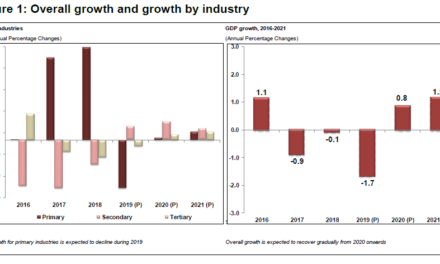
Agribank eyes collecting arrears of over N$70 million in next three months

Agribank Chief Executive, Sakaria Nghikembua said on Friday this week, within the next two to three months the bank aims to collect between N$70 million and N$100 million from farmers who have not repaid their loans.
Agribank earlier this year revealed that the total value of arrears by farmers stands at N$500 million, however to date the bank only collected an estimated N$86 million. Through its newly implemented arrears collecting strategy, the agricultural bank wants to collect more of its outstanding debt.
Meanwhile, for the year 2017, Agribank’s loan book stands at N$2.61 billion. Nghikembua said while delivering Agribank’s performance highlights for the financial year 2016/17. He pointed out that the bank already came up with a loan book funding strategy that was approved by the board.
“For the current financial year the bank will implement a new loan book funding strategy whilst continuing to embed a high performance culture in the business,” he said.
Furthermore, the bank’s net profit increased from N$7.3 million in 2016 to N$138 million in 2017.
“This is as a result of both operating performance and a change in the method of provision on advances from a general provision based on outstanding loan balances to a specific method based on individual loan accounts,” Nghikembua noted.
The Individual account provisioning is in line with the Bank of Namibia’s guidelines for commercial banks (BID-2), which Agribank adopted for the 2017 financial statements.
The bank finalised its annual audit and held its annual general meeting within the prescribed six-month period after financial year-end. The annual general meeting, which took place in Windhoek on 21 September 2017, was attended by representatives of the Ministries of Finance, Land Reform and Public Enterprises.
Nghikembua said that for the past five years, the bank has been running a project to complete the capturing of the collateral securities data onto the Software Application Programme (SAP), yet this information was found by the external auditor to be inaccurate and also incomplete resulting in a qualified audit report.
“The bank has taken immediate steps to identify all capturing errors in the data and will ensure corrective action is taken to avoid a similar situation in future,” he concluded.












































